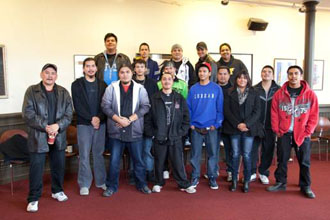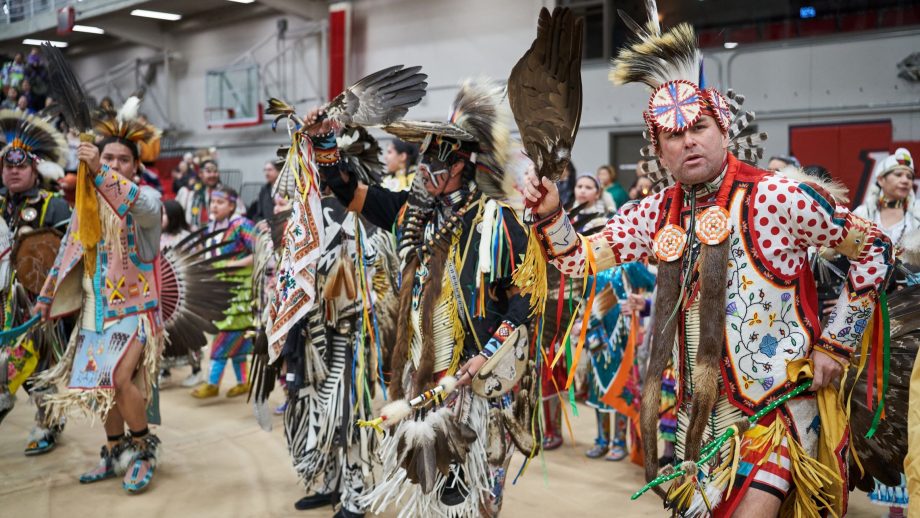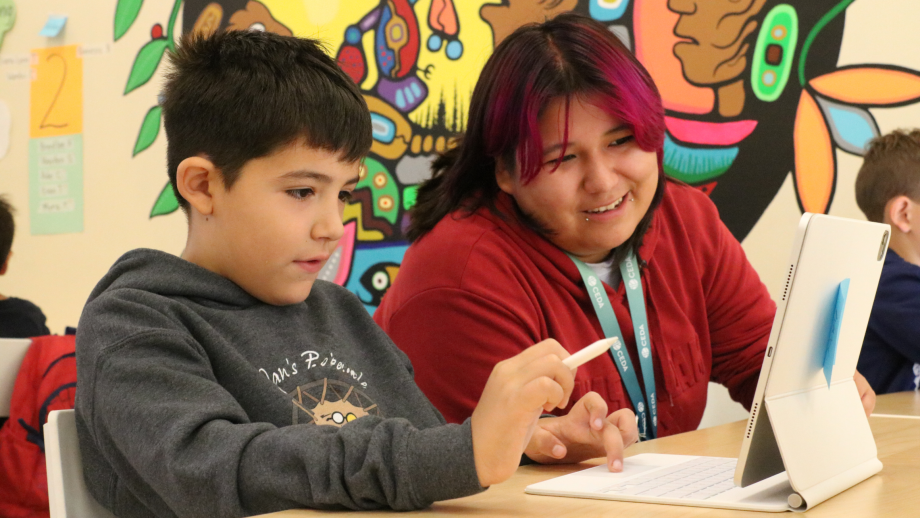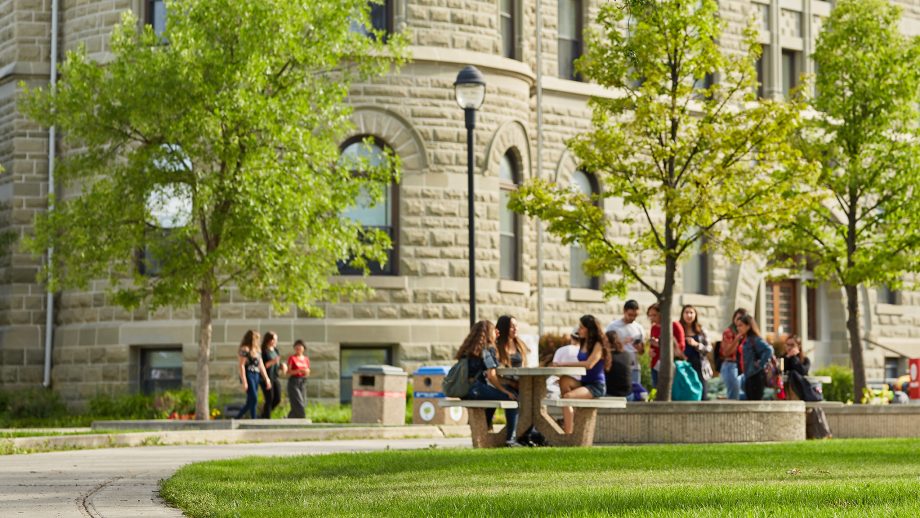 WINNIPEG, MB – The University of Winnipeg’s school of Professional Applied & Continuing Education (PACE) has been singled out for developing an innovative program that connects members of Aboriginal communities to employment in the manufacturing sector.
WINNIPEG, MB – The University of Winnipeg’s school of Professional Applied & Continuing Education (PACE) has been singled out for developing an innovative program that connects members of Aboriginal communities to employment in the manufacturing sector.
The Canadian Association of University Continuing Education (CAUCE) presented UWinnipeg with an Award of Excellence in Montreal on May 24, 2013 for developing its Industry Workplace Skills Diploma following a competition amongst university continuing education schools from across Canada.
The Industry Workplace Skills Diploma was developed in collaboration with education and training specialists from First Nations communities, as well as representatives from Winnipeg Technical College, Workplace Education Manitoba and employers in the manufacturing sector.
“This diploma program includes training in life skills, business knowledge and technical skills, but what makes it truly unique is that Elders, family and community members are regularly included in program events. They provide the moral support and encouragement that help students make it through this demanding program,” said Erin Stewart, Dean of PACE. “Potential employers were also brought in at an early stage and students had an opportunity to gain real-world job experiences.”
The University of Winnipeg delivered initial training to 16 students in two home communities — Fisher River Cree Nation and Peguis First Nation — and then students and their families moved to Winnipeg for further courses with Winnipeg Technical College. Students then completed a work practicum in manufacturing with future employers.
The pilot program, which ran from September 2011 to April 2012, saw 89% of the students graduate and 81% complete work practicums that led to employment.
“These results are excellent,” said Stewart. “The success of this program is due to multiple supports that students received, particularly when they moved into the city, which can be a difficult transition. We are very pleased to see such a high employment rate amongst graduates.”
Currently, discussions are underway with communities and employers in Manitoba and elsewhere, with an eye to implementing this model in areas where there are skilled labour shortages.
For information, contact Debra Wutke at 204 982 1167.
MEDIA CONTACT
Diane Poulin, Communications Officer, The University of Winnipeg
P: 204.988.7135, E: d.poulin@uwinnipeg.ca




